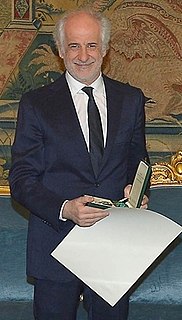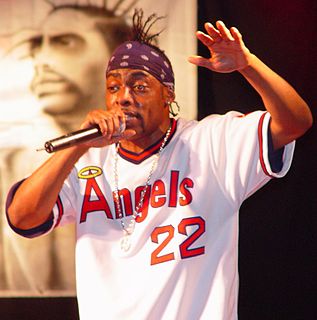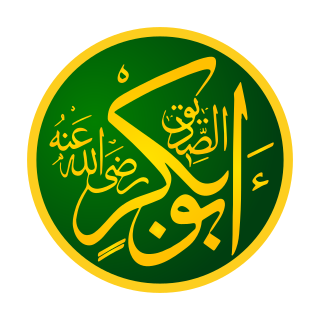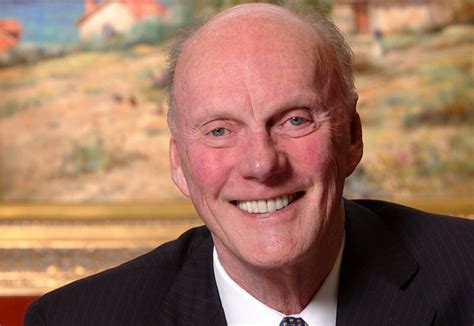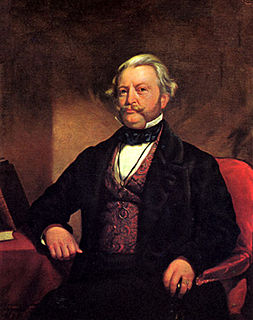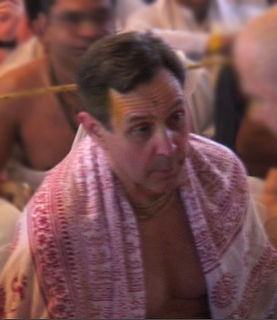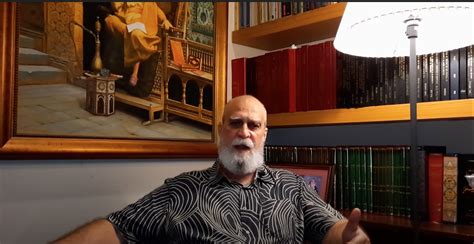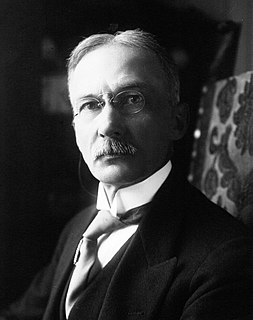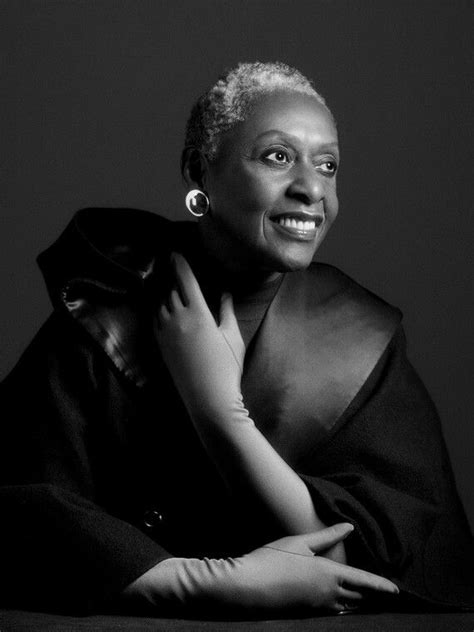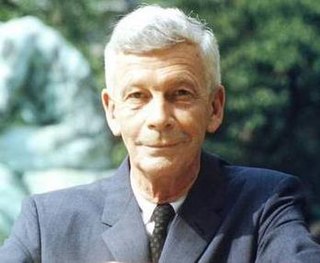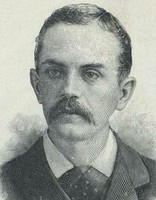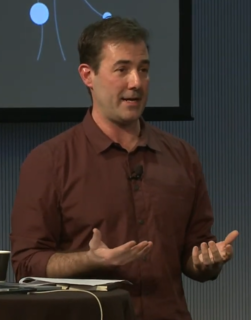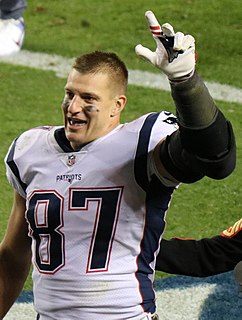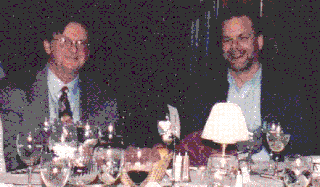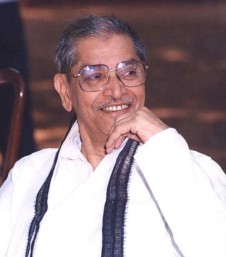Top 1200 Knowledge And Ignorance Quotes & Sayings - Page 17
Explore popular Knowledge And Ignorance quotes.
Last updated on April 20, 2025.
I think we owe it to children to let them dig their knowledge, of whatever subject, for themselves out of the "fit" book; and this for two reasons: What a child digs for is his own possession; what is poured into his ear, like the idle song of a pleasant singer, floats out as lightly as it came in, and is rarely assimilated. I do not mean to say that the lecture and the oral lesson are without their uses; but these uses are, to give impulse and to order knowledge; and not to convey knowledge.
Real artists find answers. The knowledge of the artisan is within the confines of his skills. For example, I know a lot about lenses, about the editing room. I know what the different buttons on the camera are for. I know more or less how to use a microphone. I know all that, but that's not real knowledge. Real knowledge is knowing how to live, why we live, things like that.
For many ages it has been allowed by sensible men, Nihil est in intellectu quod non fuit prius in sensu: That is, There is nothing in the understanding which was not first perceived by some of the senses. All the knowledge which we naturally have is originally derived from our senses. And therefore those who want any sense cannot have the least knowledge or idea of the objects of that sense; as they that never had sight have not the least knowledge or conception of light or colours.
First therefore let us seek the dignity of knowledge in the archetype or first platform, which is in the attributes and acts of God, as far as they are revealed to man and may be observed with sobriety; wherein we may not seek it by the name of Learning; for all Learning is Knowledge acquired, and all Knowledge in God is original: and therefore we must look for it by another name, that of Wisdom or Sapience, as the Scriptures call it.
During the last century, and part of the one before, it was widely held that there was an unreconcilable conflict between knowledge and belief. The opinion prevailed amoung advanced minds that it was time that belief should be replaced increasingly by knowledge; belief that did not itself rest on knowledge was superstition, and as such had to be opposed. According to this conception, the sole function of education was to open the way to thinking and knowing, and the school, as the outstanding organ for the people's education, must serve that end exclusively.
The end of man is knowledge, but there is one thing he can't know. He can't know whether knowledge will save him or kill him. He will be killed, all right, but he can't know whether he is killed because of the knowledge which he has got or because of the knowledge which he hasn't got and which if he had it, would save him.
That's a very privileged attitude and I think the ignorance is so strong there. When people say, "Oh please, I don't want to hear that conversation," it's because it makes them uncomfortable." But that's because they think it's all okay. If it was racist, I would move onto someone whose mind I could change, but it's mostly ignorance. So when someone says, "Oh, it doesn't matter," I not only make designers responsible but casting directors and modeling agencies for not pushing those other girls on to the designers.
I had a foretaste of another, larger kind of knowledge: one I believe human beings will be able to access in ever larger numbers in the future. But conveying that knowledge now is rather like a chimpanzee, becoming a human for a single day to experience all of the wonders of human knowledge, and then returning to one's chimp friends and trying to tell them what it was like knowing several different Romance languages, the calculus, and the immense scale of the universe.
These algorithms, which I'll call public relevance algorithms, are-by the very same mathematical procedures-producing and certifying knowledge. The algorithmic assessment of information, then, represents a particular knowledge logic, one built on specific presumptions about what knowledge is and how one should identify its most relevant components. That we are now turning to algorithms to identify what we need to know is as momentous as having relied on credentialed experts, the scientific method, common sense, or the word of God.

